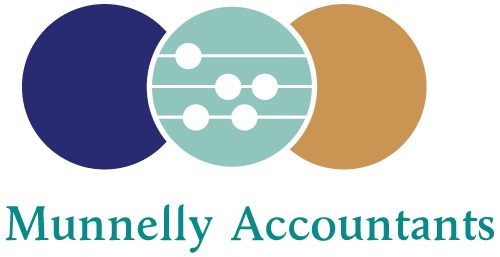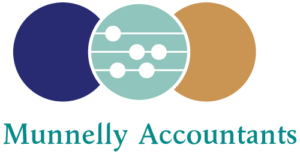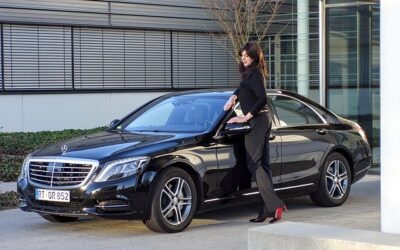A common question that people ask when running a business is what can I claim as a business expense? While some things are specifically disallowed, there’s not really a black and white answer as to what constitutes a business expense.
Revenue defines a business expense as follows: ‘any expense that is wholly and exclusively paid for the purposes of the trade or profession’. What does this actually mean? Well ‘wholly’ relates to the cost itself. So the whole of the cost must be related to the business. Where part of the cost is not related to the business this must be disallowed. Examples of expenses that might not be wholly for the purpose of the business are motor costs, heat & light used in a home office and mobile phones. If these are being claimed as business expenses then the personal element must be deducted first.
‘Exclusively’ relates to what has actually been purchased, so the item must be for the exclusive use of the business. Again where part of the item is not for the exclusive use of the business, the cost of that element must be disallowed. There is often confusion around ‘exclusively’, as people may ask themselves would they have incurred the cost if they were not in business, and if the answer is no they may assume that it must be an allowable expense. However the sole purpose of the expense must be for the purposes of the business.
Examples of expenditure that people often assume to be business related are childcare, clothing and food. However if you consider each of these, their sole purpose is not for the purpose of the business. For example the sole purpose of the cost of childcare is to care for the child. The child will need to be cared for regardless of somebody’s business commitments. Similarly the sole purpose of clothing is to fulfil the ordinary basic human need for clothes. A person needs to wear clothing for warmth and decency regardless of their trade.
Some expenses are specifically disallowed as business expenses such as client entertainment. This would relate to any form of hospitality such as accommodation, food, drink etc. Staff Entertainment is allowable unless it is incidental to providing client entertainment.
Travel to and from a place of work is also a disallowed expense. If a contractor is working for one employer, the employer’s premises would be classed as their place of work and so traveling back and forth everyday would not be an allowable expense. However a sole trader e.g. a plumber servicing clients across the country would be able to claim travel costs as his home would be classed as his place of work.
Finally if you work from home for any amount of time only a reasonable amount of home expenses can be claimed. Claiming excessive expenses could result in your home being classified as a commercial property, and subsequently being subject to commercial rates. It could also give rise to a Capital Gains Tax charge if you were to sell your home further down the line.
If you have a specific question or issue that you’d like covered, please email Emma at emma@munnellyaccountants.ie




